Das Rheingold at the Royal Festival Hall was, all told, a disappointment, but it might not have been had there been one or two more rehearsals, and a replacement of one of the singers. Vladimir Jurowski plans to perform the whole Ring cycle in due course with the LPO, but he needs to remember that memories are still very fresh indeed of Opera North’s transcendently wonderful performance at the same venue in 2016. That showed, among other things, that you can semi-stage the Ring cycle with some imaginative lighting, a minimum of meaningful movement and no props.
This new Rheingold looked, for the first few minutes after the Prelude — superbly played, and for once faithful to Wagner’s dynamic markings — as if there was going to be some interaction among the singers, with the Rhinemaidens singing to one another and taunting Alberich. But when it came to stealing the Gold, where lighting effects could have helped, he merely sang his defiance and hurried into the wings.
Unlike the Opera North Ring, where the singers were in front of the orchestra, this lot were in a walled area behind it. They were also on various levels, and it remained unclear to me whether, for instance, Fricka standing head and shoulders above Wotan indicated superiority of some kind. There were occasional interactions — Alberich physically bullied Mime, Loge sat nonchalantly on the organ’s keyboard, Wotan ripped the non-existent Ring from Alberich’s finger, Fafner beat up Fasolt until he rolled out of sight — but they were haphazard, and the drama consisted, for me, mainly in seeing what would be semi-acted and what wouldn’t be. Mostly the singers sang straight out to the audience, so that the characters’ brilliantly intricate reactions to one another went for nothing.
The main rewards of the evening were orchestral, with Jurowski beginning in an unusually lyrical way, which reminded me of Rudolf Kempe, and only increasing the dramatic pungency of the work in its latter stretches. To some extent that may have been due to the prevalence of medium-sized voices; even the giants, the typically fine Matthew Rose as Fasolt and Brindley Sherratt’s Fafner, were a bel canto pair. Toby Spence was to have sung Loge, but he was replaced by Vsevolod Grivnov, who gave a trying account of this beautiful role, his voice somewhere between a sneer and a whine, so that some of the Ring’s most ravishing music went for nothing. Robert Hayward, used to being Wotan, made his Alberich debut, vocally impressive but not frightening, even in Nibelheim. Michelle DeYoung’s Fricka, again, was lovely despite some strange vowel sounds, but not dramatically commanding. The other roles were taken adequately. But at the centre, alas, was Matthias Goerne as Wotan, the only singer to use a score, and so severely limited in volume and in variety of expression that he carried no authority, merited or otherwise, and rendered the Ring’s chief character as a Pooter figure. And typically, the moment he sang his last note, he disappeared into the wings. Perhaps he was feeling under the weather, but his usual strong suit, his intelligent attention to texts, was conspicuously absent. Enough.
The next afternoon I was in Birmingham for the Birmingham Contemporary Music Group’s concert Celebrating Carter. It was a triumph, one of the most exhilarating and energising musical occasions I have been to in years. My relationship with much of Elliott Carter’s music, certainly since the late 1960s, is best characterised as ‘faith seeking understanding’, but in these late compositions, written when the composer was between 86 and 103, I find an immediacy of expression and communication which means that all you have to do is listen with an open mind and the problems that beset most advanced modernist music just disappear.
There is a lot of discussion these days about whether the great artists in various mediums have anything identifiable as a late style, something which we naturally associate primarily with Beethoven and Titian. In this concert I found that Carter did have one, his characteristic giving of a personality to each instrument, very much including mischief, more to the fore than ever before. Bariolage (1992) for solo harp, for instance, enlarges our sense of what that instrument can do in the most engaging way, leading Paul Griffiths, in his excellent notes, to invoke Rilke’s Sonnets to Orpheus.
In the works for ensemble Mirga Grazinyte-Tyla was the authoritative conductor, and the great Pierre-Laurent Aimard the dominant presence, but every member of the BCMG is a virtuoso, and I would warmly recommend its CD of late Carter — though it only slightly overlaps with this concert — on the Ondine label. This music is no doubt endlessly explicable, but its impact is immediate and profoundly satisfying.
Got something to add? Join the discussion and comment below.
Get 10 issues for just $10
Subscribe to The Spectator Australia today for the next 10 magazine issues, plus full online access, for just $10.
You might disagree with half of it, but you’ll enjoy reading all of it. Try your first month for free, then just $2 a week for the remainder of your first year.

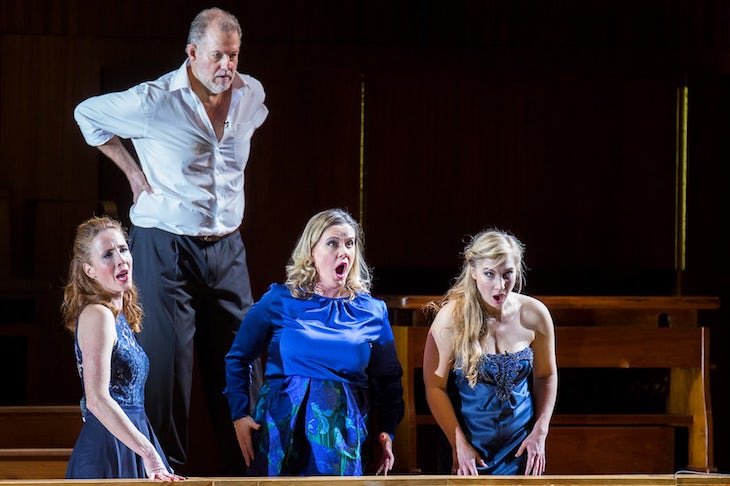
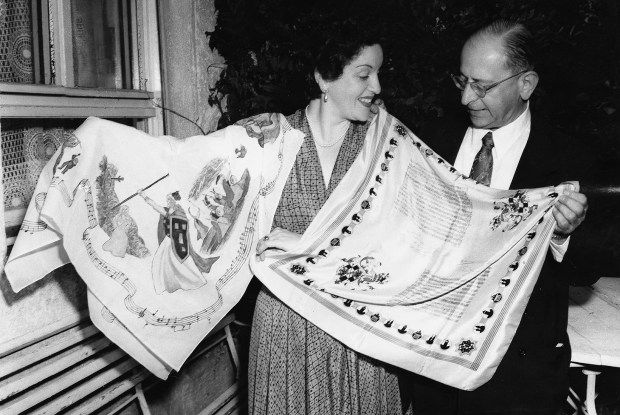
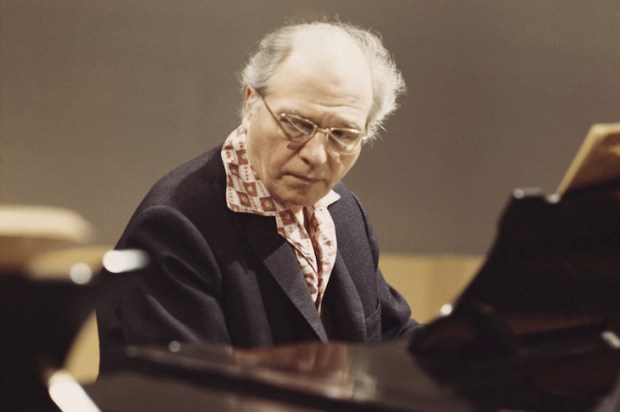
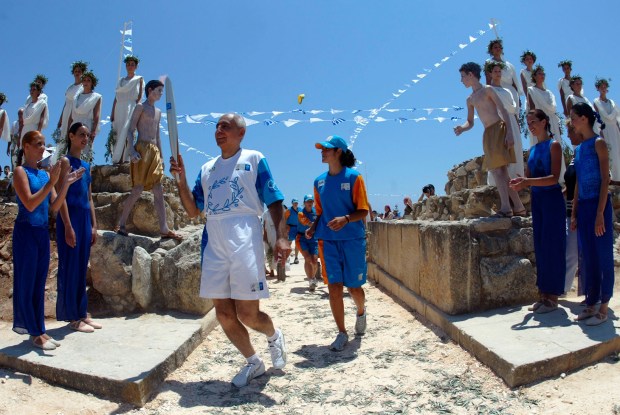
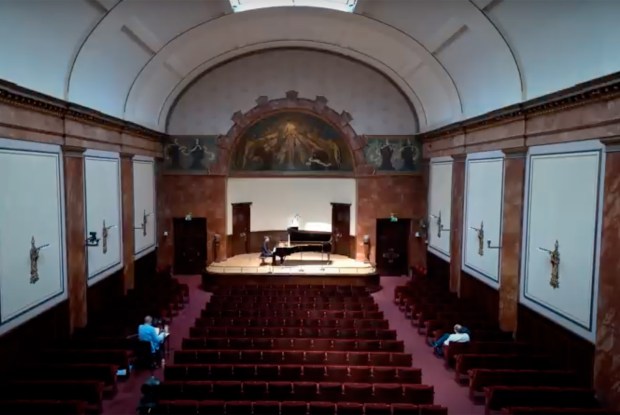
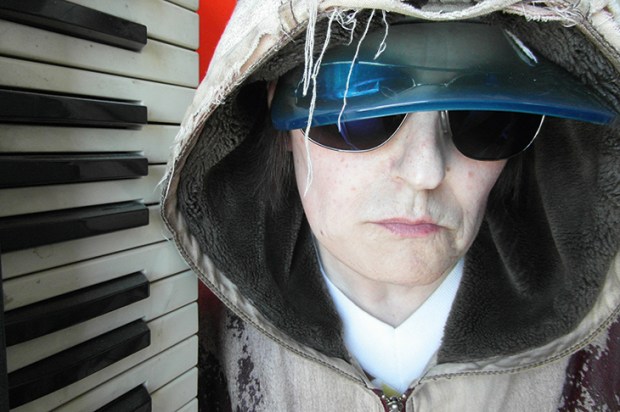
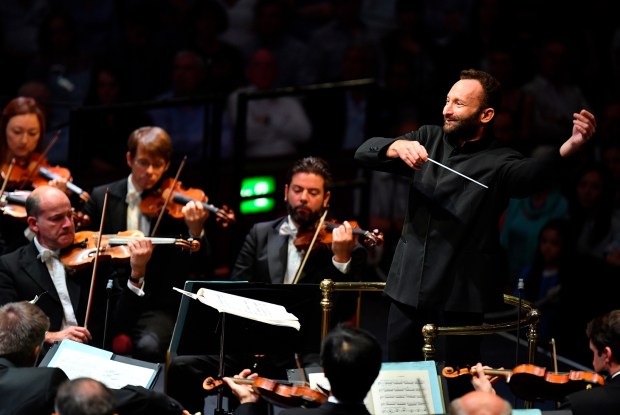






Comments
Don't miss out
Join the conversation with other Spectator Australia readers. Subscribe to leave a comment.
SUBSCRIBEAlready a subscriber? Log in